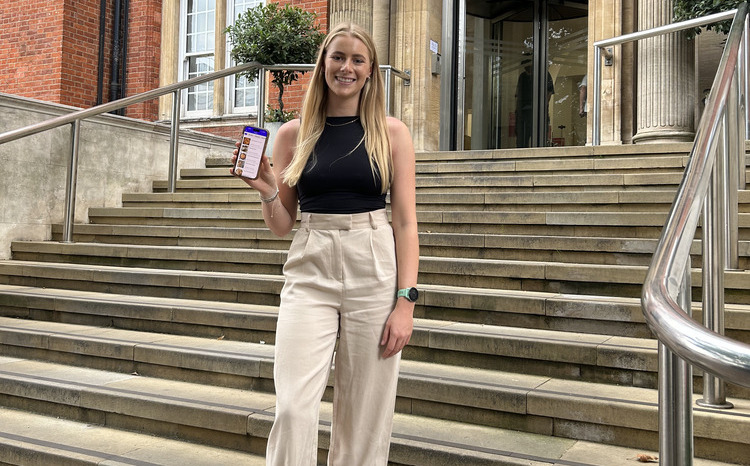The ECCA launches e-campaign
- 11 December 2007
The European Cervical Cancer Association (ECCA) has launched its first ever e-campaign to call for effective cervical cancer prevention programmes across Europe in a bid to eradicate the disease.
Every year over 50,000 women develop and 25,000 women die from cervical cancer in Europe when we already know that organised prevention programmes could prevent almost every case.
More concerning, is the fact that the majority of women in Europe do not have access to these programmes.
Although the standard Pap smear is available across Europe, it is often offered only to those women who know to ask for it, or those who can afford to pay for it.
The ECCA says that under these circumstances, it is predominantly the wealthy and the well educated who get the protection.
Cervical cancer is unique as it could be virtually eliminated in Europe through organised prevention programmes, but only a handful of European countries have them.
This ECCA say this situation needs to be changed so that all European women have equal access to proper protection against this disease, and is urging people to sign its Cervical Cancer petition at www.cervicalcancerpetition.eu.
The campaign, called ‘Stop Cervical Cancer’ will culminate in European Cervical Cancer Prevention Week, which will take place from 20 – 26 January 2008.
As part of this week, the ECCA aims to hand the petition to the European Parliament, signed by one million European citizens to force the issue onto their agenda.
Links




